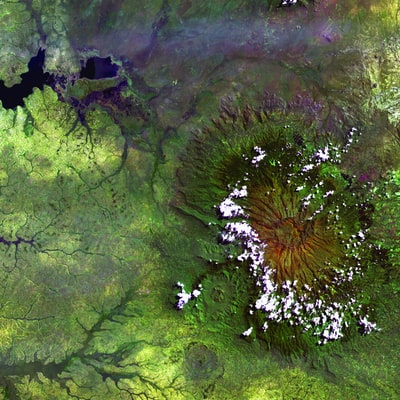Learn about international efforts to control pollution to the environment.
Pollution causes misery for people living with it, and can damage the environment for many years. Without international pressure it is doubtful whether many companies would voluntarily clear up their own mess; companies exist to make a profit, and preventing pollution is not generally profitable.
Some TNCs are now so powerful that they often have more influence than national government. But when laws are set at international level, by the European Union for example, companies have little choice but to co-operate. In recent years new regulations about air quality, safeguarding against asbestos exposure, and improving our rivers has had a huge impact in Britain, but in developing countries many people are still exposed to hazards daily.
International pressure has led to an increase in recycling of glass, paper and other products. Twenty years ago recycling was practically unheard of in the UK, but now most if not all local authorities collect recycling weekly – and people can be fined for not recycling properly. Another example of how an internationally co-ordinated campaign can make a difference has been the carbon credit scheme. Under this scheme polluters must pay more in taxes the more they pollute.
Food Miles
What are the debates about ‘food miles’?
The global search to satisfy the increasing demand for food can have positive and negative repercussions. One positive is that in the UK for example there is now far more choice in what food we can buy and when. All fruits and vegetables are available all year round and the relative price seems to have gone down.
However there are other costs that we don’t always take into account. When we buy New Zealand apples, for instance, because apples are out of season in the UK, we rarely think about the environmental impact of flying all those apples across the world.
So is it more environmentally friendly to buy ‘local’ produce? Not always. Growing some crops in winter, for instance, demands huge amounts of energy. There is also the possibility that buying (for instance) cucumbers grown in East Anglia rather than Africa, we are depriving an African farmer of his living.
There are other factors to be taken into account when deciding where to buy food. Sometimes farmers in developing countries are pressured into growing food for people in the developed world at the expense of their own crops, and sometimes they are expected to produce crops at the expense of their local environment.
In Australia, for instance, the export of beef is a major industry. But cattle are not adapted to the Australian terrain and their hooves cause huge damage to the soil, making it unsuitable for other uses.

